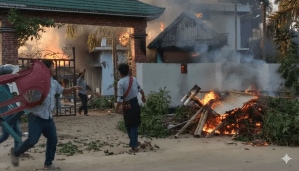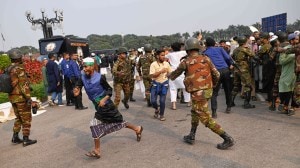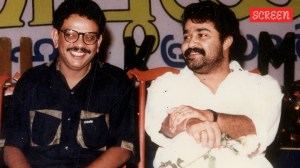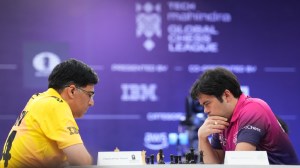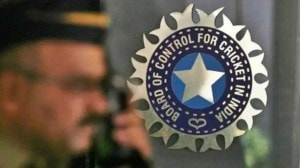Andrey A Tarkovsky on A Cinema Prayer and the Spiritual Legacy of his filmmaker father Andrei Tarkovsky
The Russian filmmaker on making a film about his famous filmmaker father, his search for truth and how Russian films answer the deeper questions of life
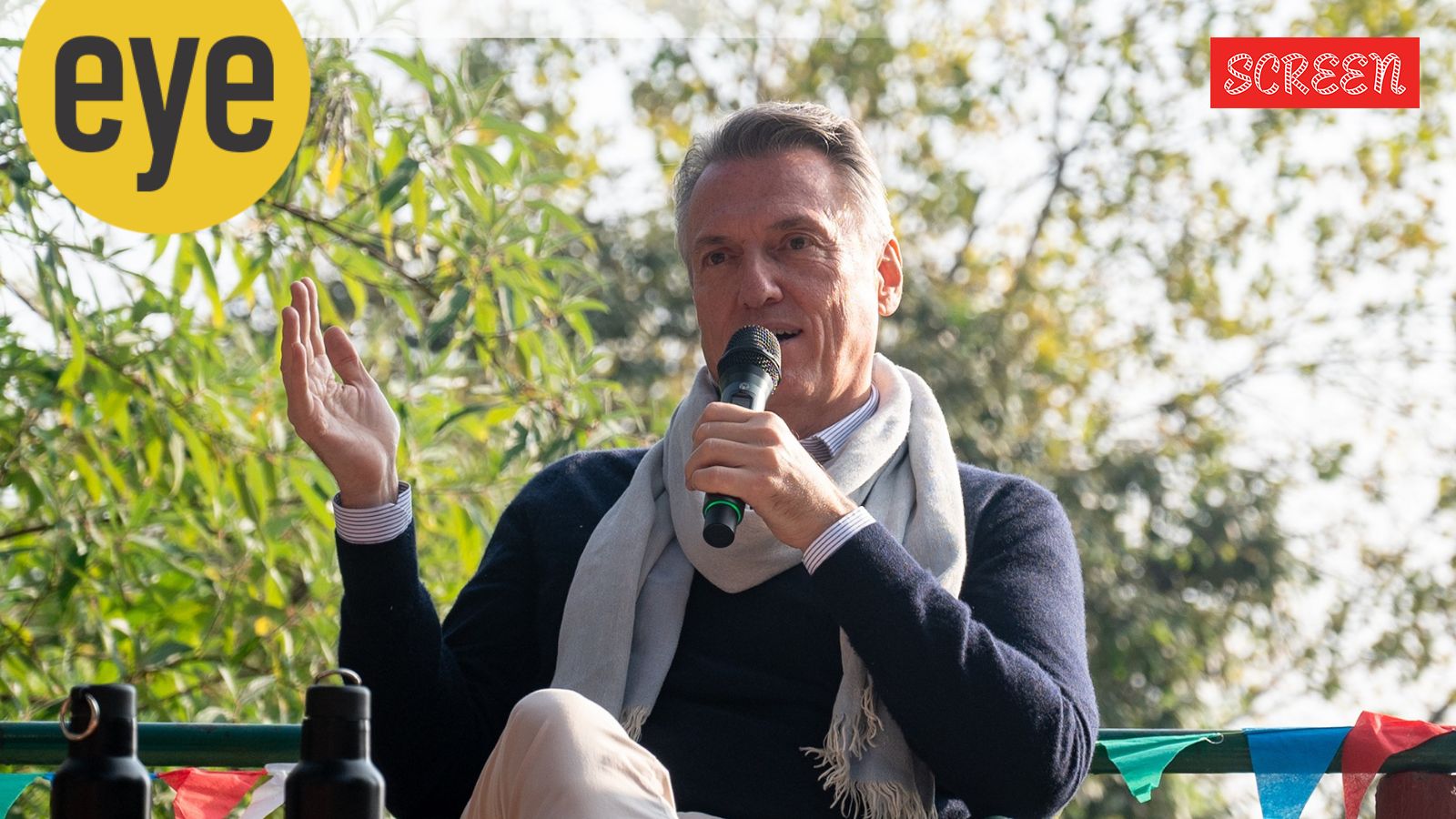 Andrey A Tarkovsky
Andrey A TarkovskyIf your father is one of the all-time cinema greats, and you have been deeply influenced by his thoughts, what would you naturally gravitate to? Simple: Become a filmmaker and make a film on him. A Cinema Prayer is Andrey A Tarkovsky’s striking tribute to his legendary father, the Russian filmmaker Andrei Tarkovsky, whose work has only grown in weight and influence after his untimely death, at 64, of cancer.
Three of Andrei Tarkovsky’s films — Stalker, Mirror, Andrei Rublev — were in the 2012 Sight and Sound survey of the 100 greatest films of all time. Given that several documentaries, many falling into the reverential category, already existed, Andrey naturally wanted his film to be different. While he had begun working on it in 2003, it grew clearer in shape and concept as time went by; when he discovered his father’s audio recordings in which the latter speaks of his beliefs, his faith and his search for the truth. They were incorporated as an intrinsic part of the film, to get the filmmaker as close to us as he can, in his own voice.
A Cinema Prayer was screened at the Venice Film Festival a couple of months ago. It was also part of the programme at the just-concluded Dharamshala International Film Festival (DIFF). Andrey was in attendance, and a conversation conducted by Tenzing Sonam, co-founder of DIFF, was one of the highlights of the four-day film festival.
 A Cinema Prayer
A Cinema Prayer
In a brief chat, Andrey speaks of how his father discovered filmmaking, his struggle with censorship and how he continued to work in exile. Excerpts :
Has your father’s style of filmmaking impacted the way you see things?
Yes, of course. Not only filmmaking, it is a vision of life, of existence, how you put yourself in front of the other person, the choices you make. His films were his life, he never divided his films from his life. You don’t have to understand his films intellectually, you have to feel them.
I will never forget how my first viewing of Stalker made me feel. It, along with Solaris, showed us that he was deeply engaged with the business of living, of being contemplative, being observant. How much of it came from the restrictions of the then Soviet Union, which did not allow much self-expression?
He had to go to Siberia in search of gold for the state. It was a geological survey, looking for goldmines in the middle of the woods. His time there actually changed his perception of the world.
In what way?
In a better way. It was there that he decided to go to cinema school and become an artiste. The hardship made it a very strong experience, both spiritual and psychological. It also gave him his love of nature.
Of course, the Soviet Union in those days was more difficult. There was so much censorship, you could go to prison for the smallest thing. But even in exile, I don’t think his films were dark. They dealt with the most difficult things but there was always a catharsis. It is very Russian to answer the fundamental questions of life through philosophy and that was what his films did, with his poetic vision.
Did his filmmaking change while he was in exile?
No. The environment, the location, the actors change but your expression doesn’t change. I think he made just one film throughout his life, in different facets, with one vision.
And what was that one vision?
It was the search for truth, for God, somehow to express the perception of the infinite through limited human senses.
Do you feel you are continuing his quest in your own work?
I hope so (laughs). Like my father, I feel it can be achieved through love and compassion.
Why do you not live in Russia?
I left when I was a kid, grew up and studied in Italy. My home, with my wife, is in Italy, so are my father’s archives. But I spend time in Russia, a lot of the projects related to my father’s works are there. There is a great bond between the Florentine Renaissance and the Russian renaissance, greater than any other country in Europe.
Is this your first visit to India?
In August, it was my second visit, the first was 20 years ago, when I spent time in south India and Kerala to discover ayurveda and yoga.
Your father practised yoga. How did he discover it?
He was looking for Orientalist teachings, trying to make a synthesis of cultures. Humans are the same everywhere, so are souls. That’s why his films are seen everywhere. India is not a country, it is a continent. You have so many religions, languages, cultures but you manage somehow to live together, it is a miracle.
- 01
- 02
- 03
- 04
- 05








